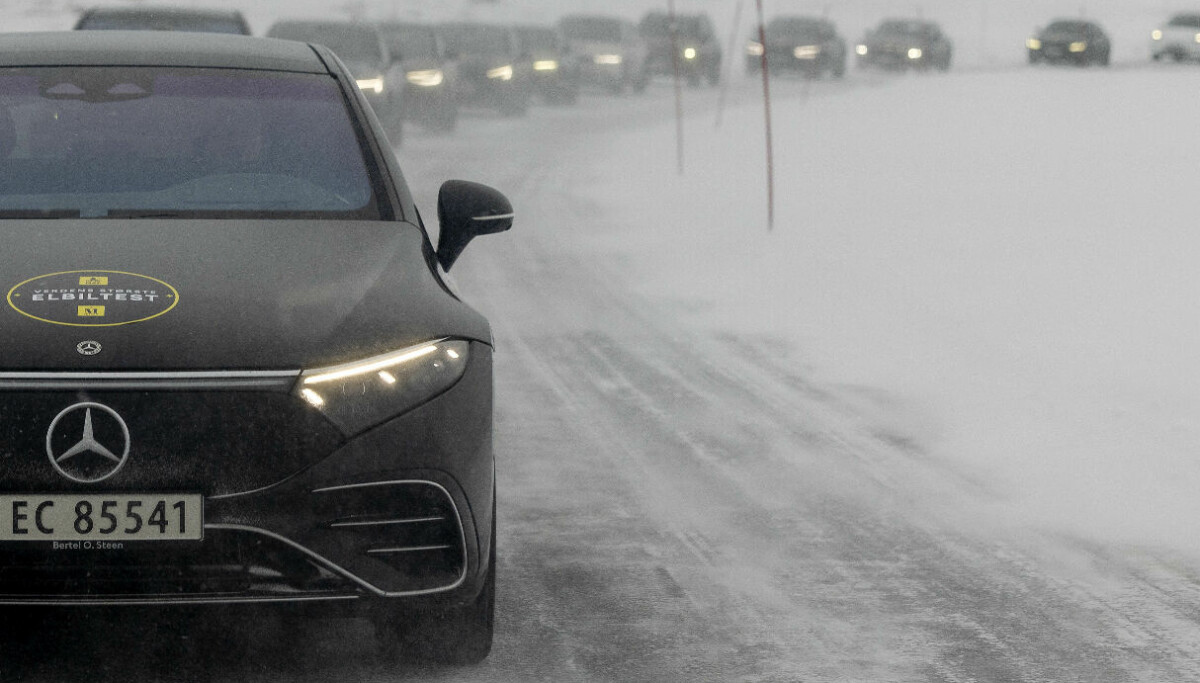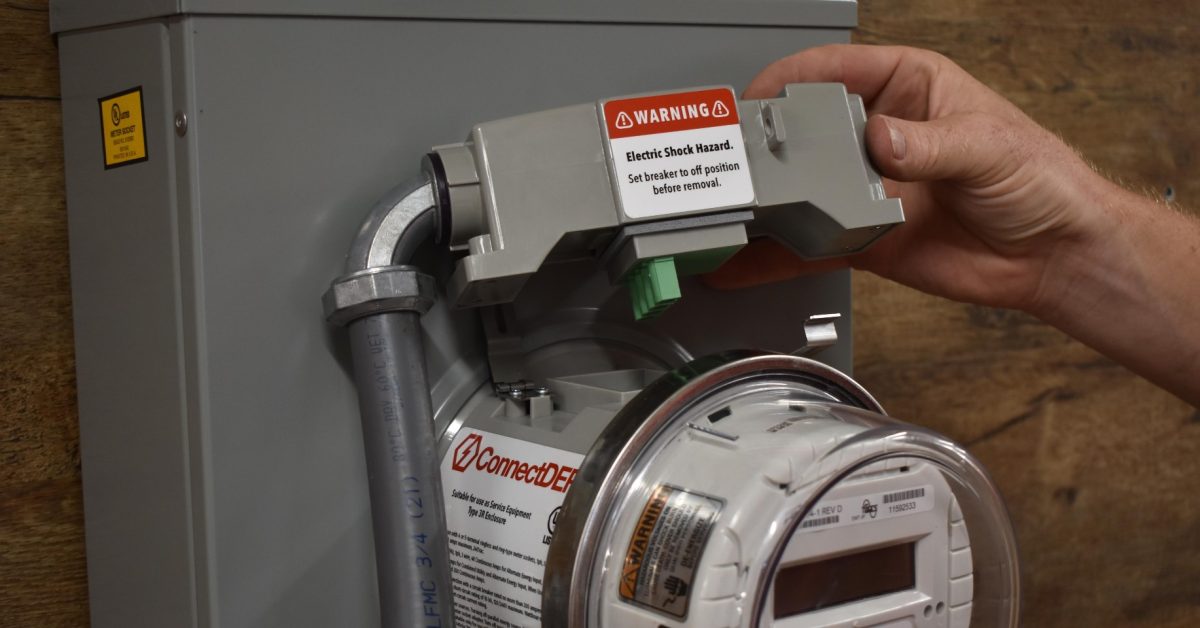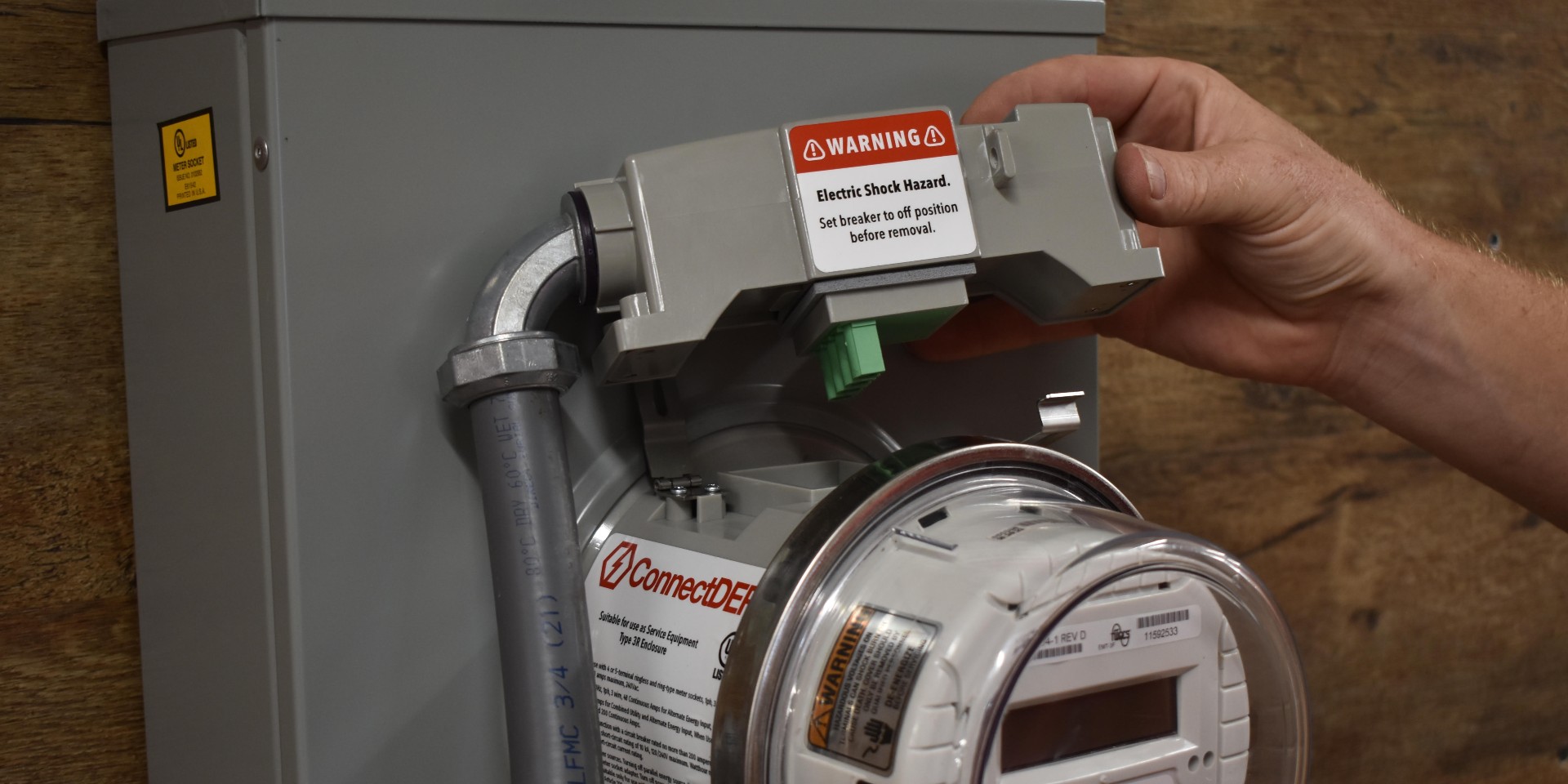All EVs in general. Here is my source (sorry it is in french only. Google translate can be used)
Des automobilistes refroidis par la performance de leur véhicule électrique en hiver
But having worked on cold weather testing li-ion automotive batteries myself, that is just a limitation of the battery technology in general. The batteries are not as efficient in cold weather, so much so that a lot of them employ heating elements to warm up the battery (using electrical energy to warm the battery to gain more electrical energy). Add to that heating the cabin, the window defrost, etc. Which had more strains to the battery.
Heat pumps are better, but they lose a lot of efficiency the colder the weather becomes ( it gets harder to extract heat from outside when there is less heat outside). This is a well documented fact for home heating solution using heat pumps.
So that results in a power loss curve that is not a straight line. The power loss gets more and more severe the colder it gets. So for example: 12% loss at from 72F to 32 F could then go to in 25% loss at 0F and 50% loss at -13F. (Just using random numbers to illustrate the point)
At 32F it is very possible that the battery heating elements don’t need to turn on, and that the heat pump is running at close to peak efficiency. So a test of EV at 32F shows how efficient a EV is at 32F, but cannot really be extrapolated to colder temperatures.
The problem is that The full range loss curve based on temperatures is never communicated ( or the power loss at multiple comme temperatures). So consumers base themselves on these 32F test. Here 32F is a fall and spring morning temperature and days at -13F are common in winter. Especially considering that most people commute early in the morning, when temperatures are colder. Which results in EV consumers up here being very surprised at the real life winter range loss.
The solution: buy an EV with a lot more range capacity than you need if you will be driving in those kind if low temperatures.





